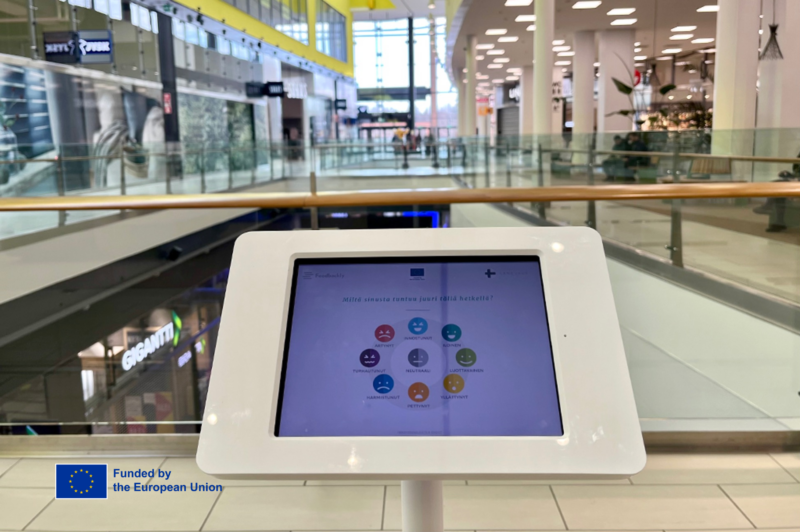Customer Experience is not something that can be studied at universities, or at least not in many. And it is not something that has its own department or silo, as Forbes describes in this article. CX professionals are at the center of organizations. They are cooperating with sales, marketing, support, HR, and IT. Thus Customer Experience is not only relevant to those who interact with customers. Every employees’ task is somehow related to customer experience.
Customer Experience is very challenging because CX professionals must communicate with all departments. They must learn to speak the ‘language’ of every team and keep the communication at a high level. (Compare, for example, marketing or tech people and the ‘language’ they speak!) CX professionals need to create and boost customer-centric strategy using the right resources. They must use data to achieve determined business goals while testing and developing CX projects. It sounds a bit complicated, right?
There is a definite need for CX leaders as the number of CX professionals has increased. According to Forbes, there has been more than 1000% growth over five years. CX professionals need various tools and qualities to succeed in the role.Most importantly, they need to have experience in the field of customer experience. They must also have the ability to identify the pain points in an organization or business. The main factor for success in CX is to have knowledge of CX. It’s no surprise that to be able to achieve good results; you need CX training and constant learning.
But how can you prove you have the knowledge of CX? We have made this easier for you. We can offer you certification of the learning on your CX journey. And you don’t even need to be CX professional to learn CX! The basics can be an advantage for every employee in all areas of work.
Read more about CX Academy and how you can improve your CX knowledge by clicking HERE!



